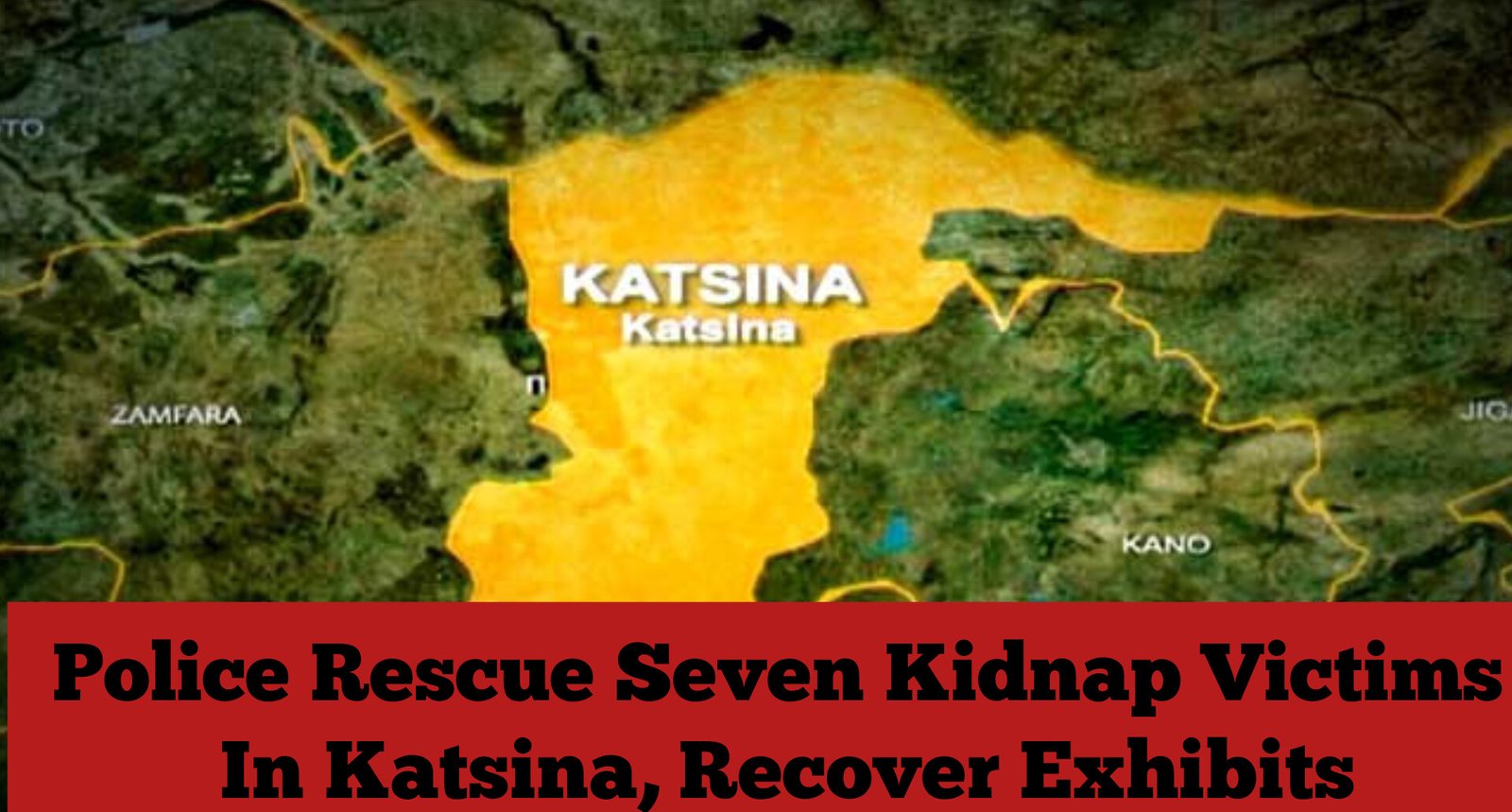In response to escalating insecurity and political instability in West Africa, the Parliament of the Economic Community of West African States (ECOWAS) has called for the immediate operationalization of the ECOWAS Standby Force. This recommendation comes amid growing terrorism threats, particularly in the coastal regions, and follows the recent withdrawal of Burkina Faso, Mali, and Niger from the regional bloc.
The proposal was part of a comprehensive set of security, diplomatic, and economic recommendations presented at the conclusion of a weeklong joint committee meeting in Banjul, The Gambia. The meeting, convened by the ECOWAS Parliament’s Joint Committee on Political Affairs, Peace, Security, and the African Peer Review Mechanism (APRM) — along with committees on Legal Affairs, Trade, and Social Development — assessed the far-reaching impacts of the withdrawals on the region’s stability.
Key Security and Diplomatic Recommendations
Parliamentarians emphasized the urgent need to strengthen regional security mechanisms through enhanced intelligence-sharing via regional centers and the establishment of a security cooperation framework with the departing states. They further urged ECOWAS to prioritize diplomatic engagement with Mali, Burkina Faso, and Niger through bilateral talks and existing sub-regional platforms such as the Organisation pour la Mise en Valeur du fleuve Sénégal (OMVS) and the Conseil de l’Entente.
To maintain open lines of communication, the Parliament recommended the creation of an inter-parliamentary dialogue platform and the involvement of non-state actors in conflict mediation and outreach missions.
Operational and Institutional Reforms Proposed
On governance and integration, the Parliament advised the ECOWAS Commission to pursue bilateral agreements with the withdrawing nations, particularly in areas like free movement, trade facilitation, digital car insurance systems, and cross-border monitoring. Additional proposals included the creation of a regional humanitarian emergency fund, a comprehensive audit of ECOWAS operations, and the revision of key legal instruments to refocus on economic integration and development.
The Parliament also advocated for stronger election monitoring systems and enhanced conflict prevention strategies, underscoring the need to counter disinformation and improve communication between ECOWAS institutions and West African citizens.
Bridging the Citizen-Government Gap
Delegates stressed the importance of grassroots engagement, recommending multilingual communication campaigns, the creation of a citizen observatory for policy feedback, and expanded regional media collaborations. They also called for a revision of ECOWAS immigration protocols and a public education drive to raise awareness of citizens’ rights and mobility options under the evolving regional framework.
Strengthening Regional Unity in Challenging Times
In closing, the ECOWAS Parliament reaffirmed its commitment to regional solidarity and the protection of democratic principles in West Africa. Delegates highlighted the vital role of civil society, women, and youth in peacebuilding and conflict prevention efforts, urging their greater inclusion in shaping the region’s security and governance landscape.




